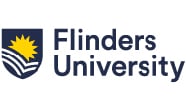ABOUT
The healthcare industry is an essential cog in the wheels of the nation, fostering the general health of the population, and in the prevention and treatment of disease. Hence, it is important to employ the best teaching methodologies and educational strategies to train the trainers, who in turn, shape and mould competent healthcare professionals of the highest standards.

Health Professions Education
(Conventional / Open & Distance Learning Mode)
(Postgraduate Certificate* / Postgraduate Diploma / Master)
The IMU Postgraduate Programmes in Health Professions Education is a multi-exit programme that comprises of three levels; Postgraduate Certificate, Postgraduate Diploma and Master. These programmes are designed especially for health professionals who work or interested in education.
The programme is comprehensive. Students develop an in-depth understanding of educational principles related to curriculum, instruction, competence assessment, programme evaluation, quality assessment, primary care education, clinical decision making and health-related humanities, professionalism and ethics, as well as management and leadership skills in the field.
At the Master level, facilitator will guide the students as the students take the next step to become an educational researcher or innovator.
* Postgraduate certificate is also available in Open and Distance Learning mode.
Key Facts
About Open and Distance Learning (ODL)
What is ODL?
Open and distance learning provides working professionals an alternative to conventional programmes at universities, giving them the opportunity to earn a university degree without interrupting their career. As Malaysia’s first and most established private medical and health sciences university with 29 years of dedicated focus in healthcare education, IMU offers a few postgraduate programmes via this learning mode with students having the opportunity to benefit from all the teaching and support that the University has to offer.
Benefits of ODL
Designed especially for students with employment, family or other commitments, this mode of learning provides flexibility and convenience for the student to schedule their studies around these obligations and around their lifestyle – allowing a student to plan and pace their own learning at a time and learning environment that is most suitable for the student. It also saves students from spending time travelling to the university, the costs of travelling to the university and the costs of staying near the university.
Teaching Methods
Teaching methods include a series of annotated lectures supplemented by videos. For each subject taken, students will be part of a student online community. Students will also be assigned a mentor who will be available to answer any questions and provide feedback on their progress.
Students will be assessed fully online via the in-course assessment assignments and end of module assessment assignment so they don’t need to be at the University to sit your exams. They will the receive their grades and feedback online.
In order to do this, students will be required to have a desktop/laptop, internet connection, a headset and webcam to participate in online tutorials and other group activities, access to standard office software – such as Microsoft Word and Excel, plus any standard browser, such as Chrome, Edge or Firefox and Skype for certain online sessions.
Your Commitment
Time will be an ODL student’s most important commitment – understanding, working through and reflecting on all teaching materials. The hours spent per week on their studies for the duration of the programme depends on module taken.
Support from University
ODL students are fully registered student of the University with all of the support and services available to them, the same as the on-campus students. Technical support will also be provided if students have difficulty in accessing the e-learning platform.
Why Study Health Professions Education at IMU?
An Established Private Healthcare University
IMU is Malaysia’s first and most established private medical and healthcare university with over 30 years of dedicated focus in healthcare education.
IMU achieved the SETARA-2018/2019 Tier 6 status (Outstanding) under the Mature University category.
Flexible Learning Options
A carefully designed blend between onsite and online learning enables full-time working adults with the options to plan and fit their studies around their work, family and other commitments.
Various Teaching Methods
Various teaching methods via face-to-face and online sessions with local and international experts in the field.
Contemporary Curriculum
The curriculum of this programme is carefully planned and aligned to meet the expectations in the field of health professions education.
This would offer great career advancement as a health professional in academia, research institutes, clinical setting or industries worldwide.
It would also pave the way into furthering studies into PhD in HPE.
Entry Requirement
| A. ACADEMIC REQUIREMENTS | B. ENGLISH LANGUAGE REQUIREMENTS |
|---|---|
| Applicants are required to have obtained:
Certificate
Diploma
Master
|
For Malaysian Students Not applicable |
For International Students
The following categories of students are exempted from the
|
Note
Please note that achieving the minimum Entry and English requirements as stated does not guarantee you admission into any of IMU’s programmes.
Please refer to our Student Admissions Policy for more information.
Application and Registration Fees
| Fee | Malaysian Student (RM) | International Student (RM) | ||
|---|---|---|---|---|
| Application Fee | 150 | 500 | ||
| Registration Fee | 1,100 | 3,400 | ||
| Refundable Caution Deposit | 2,000 | 2,000 | ||
| Student Association Fee per Semester | 40 | 40 | ||
Fee Structure
malaysian student
| Programme | Study Mode | No. of Credit Hour | Fee per Credit Hour (RM) | Total Fee(RM) |
|---|---|---|---|---|
| Postgraduate Certificate | Conventional | 20 | 1,100 | 22,000 |
| Postgraduate Certificate | Open & Distance Learning (ODL) | 20 | 900 | 18,000 |
| Postgraduate Diploma | Conventional | 12 | 1,100 | 13,200 |
| Master | Conventional | 10 | 1,100 | 11,000 |
| Total Credit Hours | 42 | Total (Conventional) | 46,200 | |
| Total (ODL + Conventional) | 42,200 | |||
| – Credit transfer to Flinders University* Master of Clinical Education |
Tuition fee of AUD19,650 | |||
International Student
| Programme | Study Mode | No. of Credit Hour | Fee per Credit Hour (RM) | Total Fee(RM) |
|---|---|---|---|---|
| Postgraduate Certificate | Conventional | 20 | 1,125 | 22,500 |
| Postgraduate Certificate | Open & Distance Learning (ODL) | 20 | 900 | 18,000 |
| Postgraduate Diploma | Conventional | 12 | 1,125 | 13,500 |
| Master | Conventional | 10 | 1,125 | 11,250 |
| Total Credit Hours | 42 | Total (Conventional) | 47,250 | |
| Total (ODL + Conventional) | 47,250 | |||
| – Credit transfer to Flinders University* Master of Clinical Education |
Tuition fee of AUD19,650 | |||
PARTNER UNIVERSITIES
As an assurance of a total commitment towards a quality education, the IMU maintains its relationship with partner university in Australia.
Australia
Views from Our Community
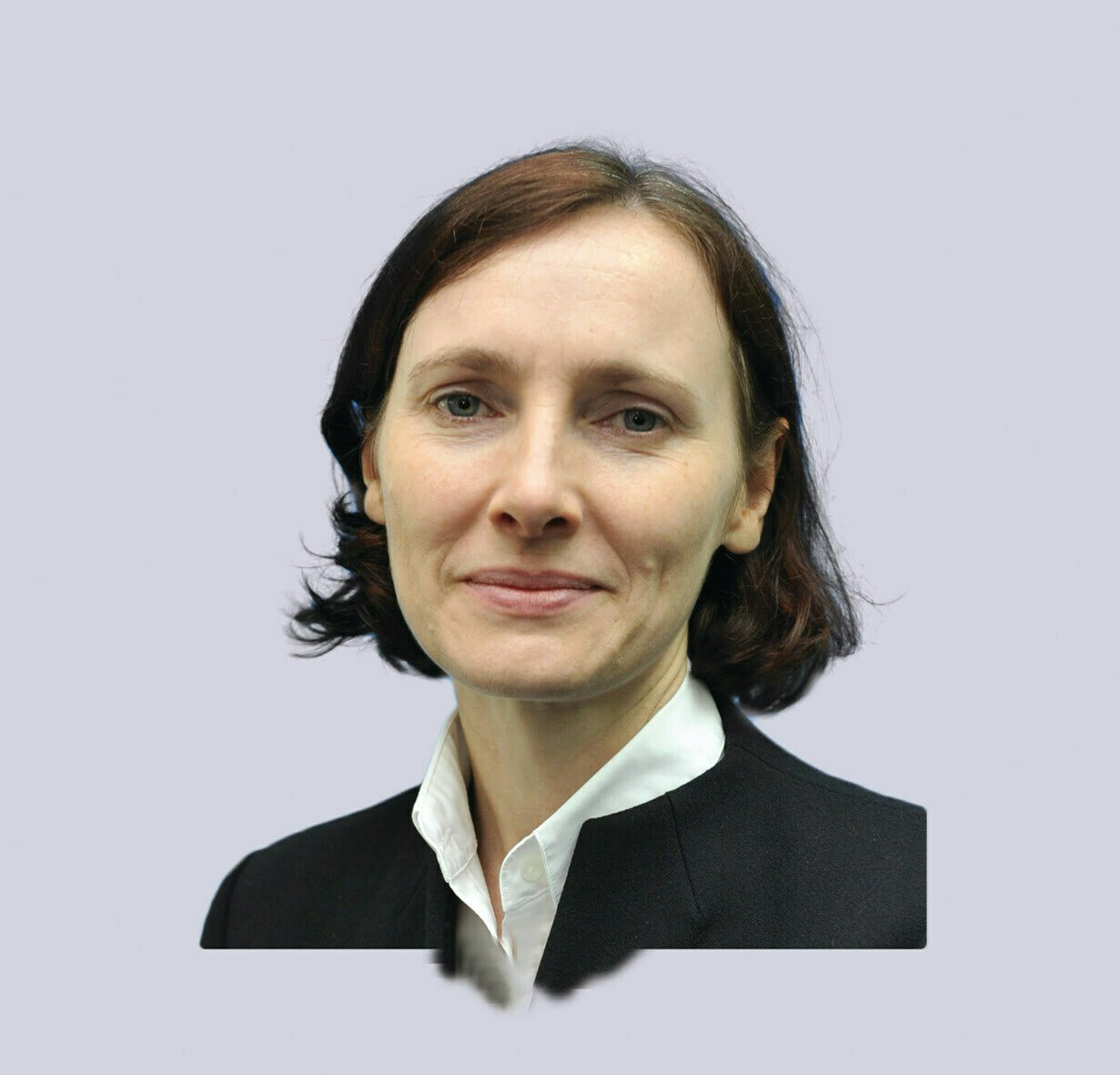
Katarzyna Pazcek
Student, Master Programmes in Health Professions Education
I find the discussions very thought provoking and I am able to learn from the lecturer’s expertise as well as from the other students. The programme has provided me with insight into instructional and curriculum design and helped me to improve my teaching. I feel I am able to contribute more to my department and to the University. I am really glad for having taken up this programme and look forward to applying what I have learnt.
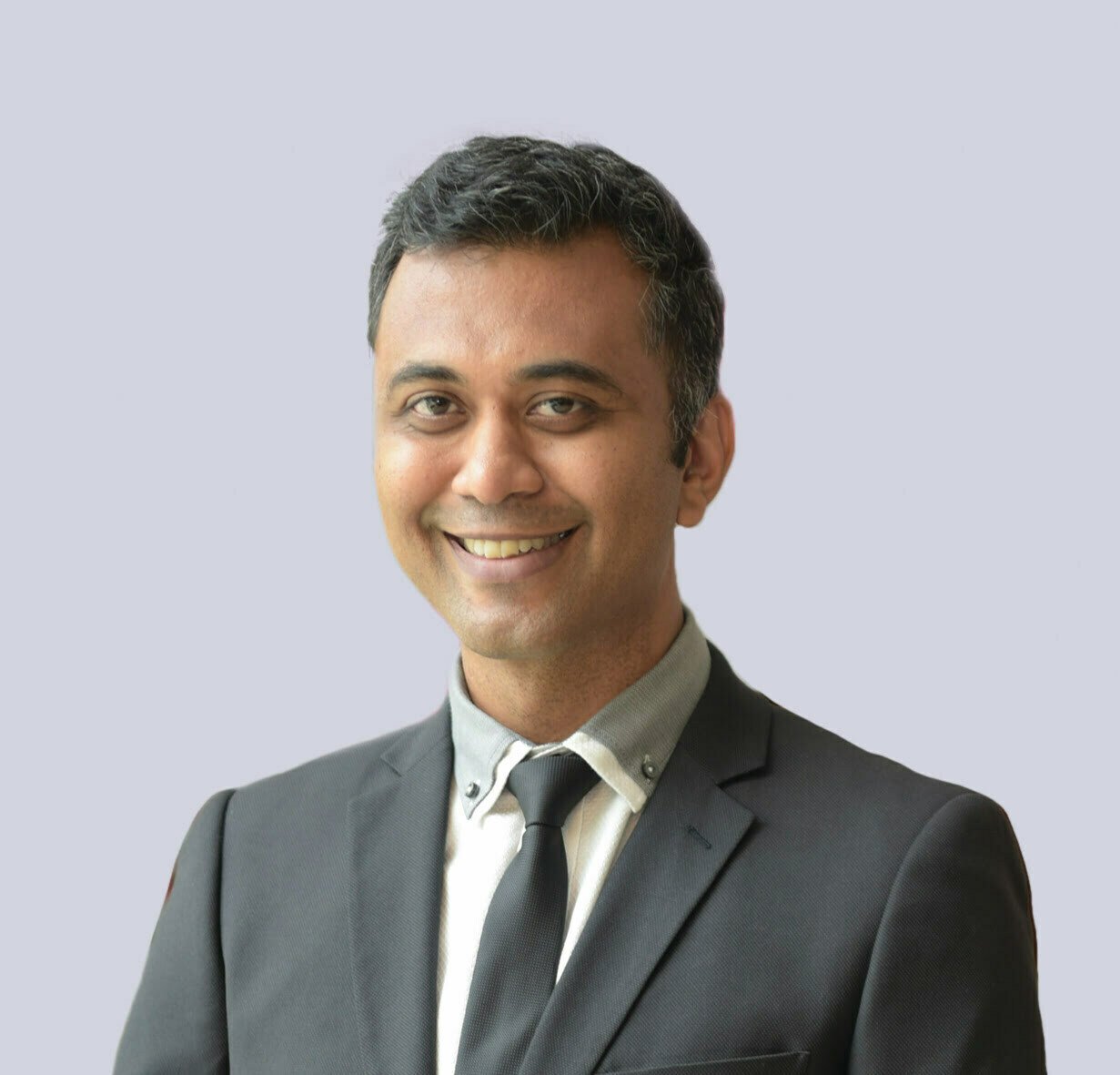
Dr Pulikkotil Shaju Jacob
Graduate, Postgraduate Diploma in Health Professions Education
This course has been designed for the working teacher who could use the experiences and opportunities available to learn. All assignments were constructed so they can relate to the on-the-job experiences. The knowledge and skills gained from this course groomed me with a new set of competencies and had landed me the most important role; a programme director for Bachelor of Dental Surgery in the School of Dentistry. I am now thrilled as I can apply both knowledge and skills learned from the course and my previous experiences as an educator to conduct the programme effectively.
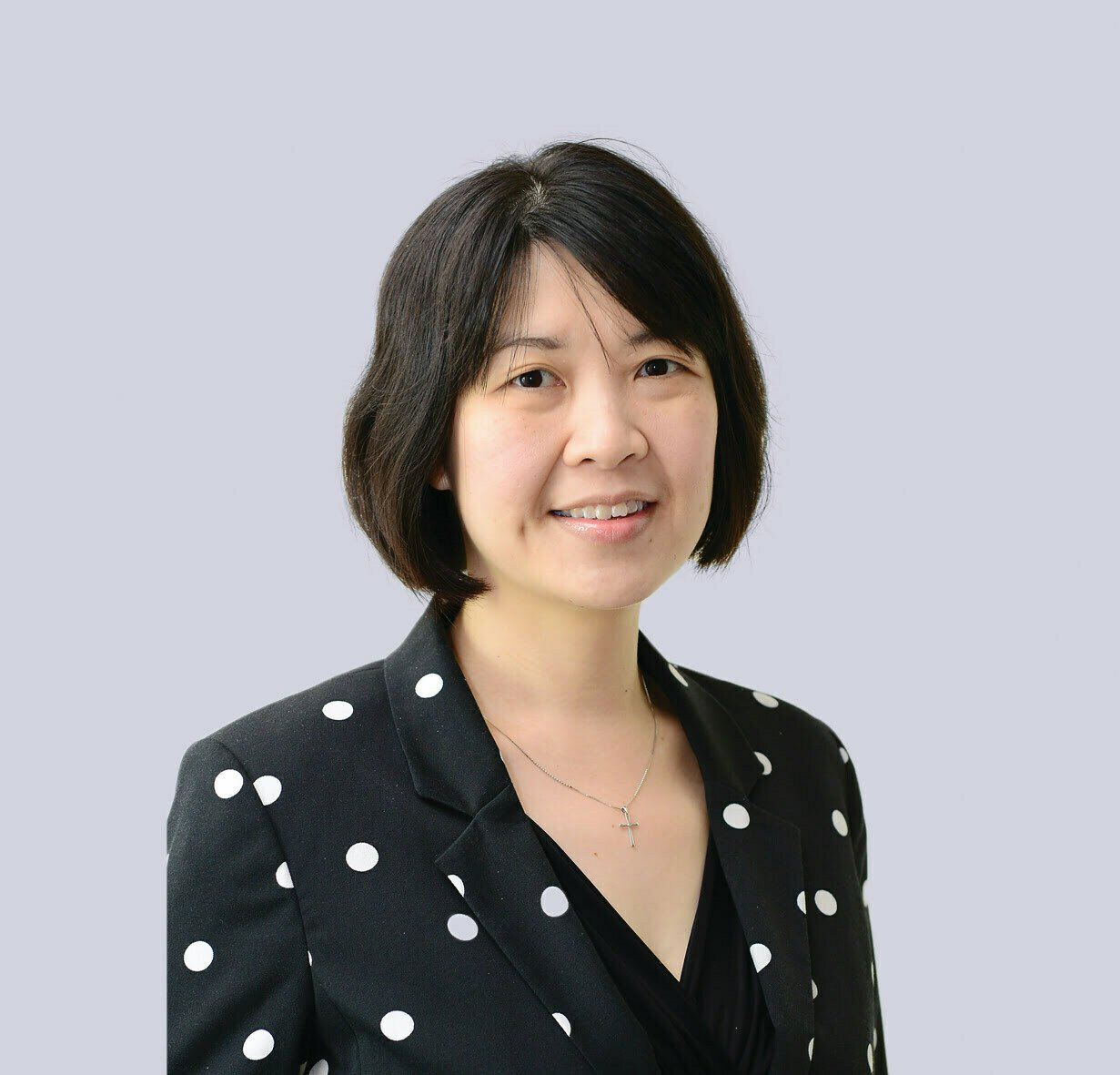
Dr Kok Yih Yih
Graduate, Postgraduate Diploma in Health Professions Education
The PGHPE programme has helped me to be a better teacher. After completing the PGDHPE, I am able to comprehend the theories behind teaching and learning, that can be translated into better practice of education. In addition, it has also given me confidence in conducting educational related research which is different from pure science studies.
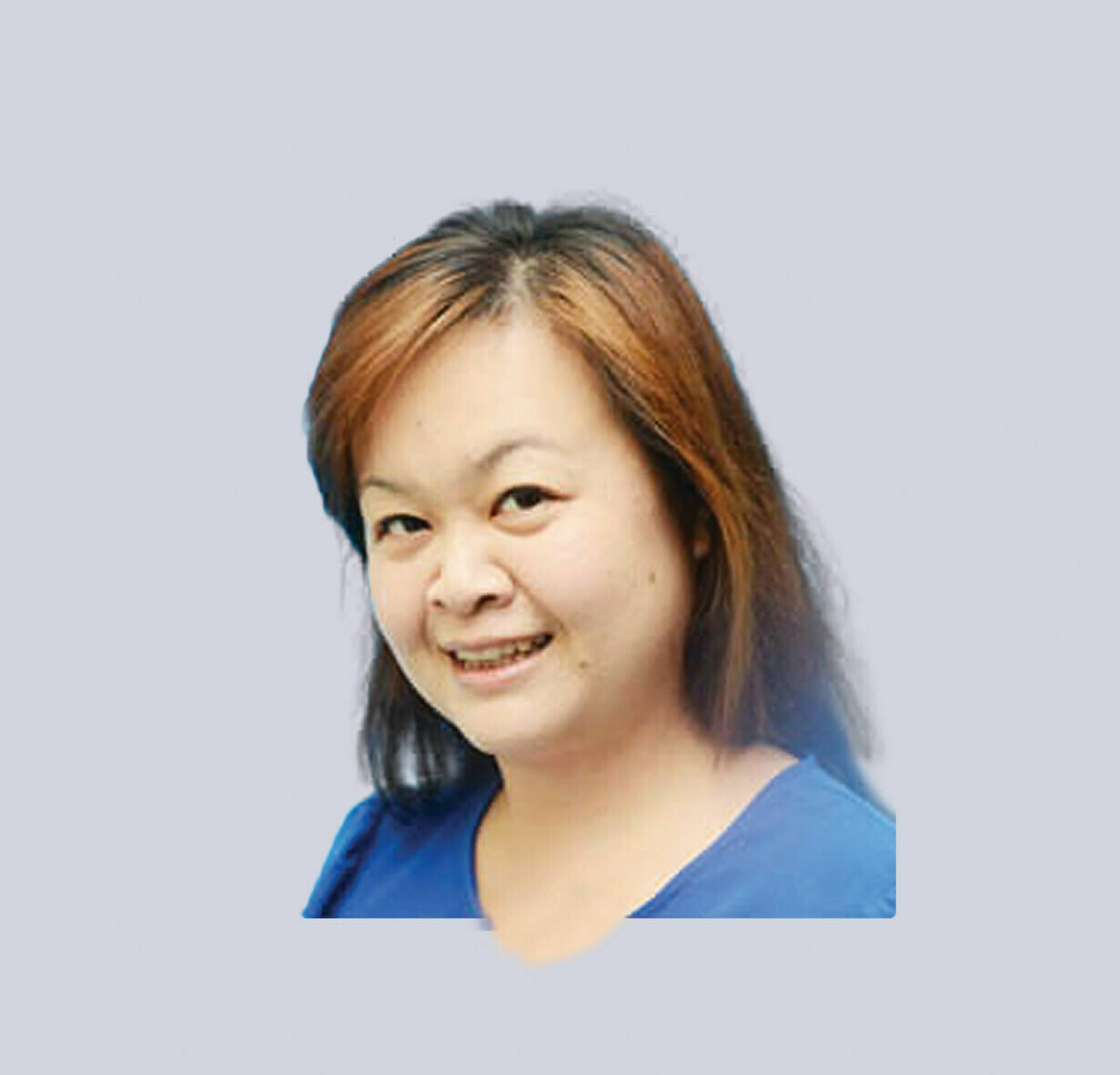
Sharon Chan Min Hui
Student, Master Programmes in Health Professions Education
The PGHPE programme has added meaning to my career as an educator. Having taught pre-university programmes for many years, I am now able to apply what I learnt in PGHPE in my classroom. Being a Senior Lecturer in the Foundation in Science programme in IMU which aims to prepare students for their tertiary education in medical, pharmacy and health sciences programmes, the Health Professions Education has enabled me to teach in a more focused manner in preparing my students for their tertiary studies in health sciences. From the preparation of the curriculum to the teaching and learning activities to assessments, the PGHPE has prepared me well.

Dr Amelah Mohammed Abdul Qader
Student, Master in Health Professions Education
My enthusiasm for clinical teaching prompts me to enroll in the Master's in the field of Health Professions Education. I would like to express my appreciation to my respected and dedicated lecturers at the Health Professions Education programme. As an ophthalmologist and a clinical lecturer in my institute, I gained a lot of experience as a student in this programme from the first module that is Educating The 21st Century Healthcare Professionals till the eighth module that is Management and Leadership in Health Professions Education. I have had the opportunity to understand further educational and academic methods to organize and develop medical curricula. This will help me in improve and adjust our programme accordingly in the future. On the other hand, I learned more about evaluation in Module 5 and leadership and management in Module 8. The way it was put in this programme allowed me to be more oriented and more responsible for improving it during my career. During the pandemic period of Covid-19, the challenges of shifting the sessions from face to face into online method ran very smoothly with the dedicated facilitators and a well-organized educational system. I liked Module 3 that is of e-learning in health profession education, which helped me a lot during the pandemic in terms of the variety of methods during online teaching. For assessment and evaluation, I found constructive and clear feedback from the peers and the lecturers to be useful, the systematic way of organizing the assignments is very helpful in terms of developing and improving my thinking process and writing skills. I believe that all academics should take the opportunity to join such programmes, which will enable them to develop their understanding of the education of health professionals.
Latest News & Stories
FREQUENTLY ASKED QUESTIONS
What are the postgraduate programmes in Health Professions Education offered at IMU?
There are five programmes offered in Postgraduate Programmes in Health Professions Education:
- Postgraduate Certificate in Health Professions Education (PGCHPE)
- Postgraduate Certificate in Health Professions Education (ODL) (PGCHPEO)
- Postgraduate Diploma in Health Professions Education (PGDHPE)
- Master in Health Professions Education (MHPE)
- Doctor of Philosophy (PhD) in Health Professions Education
Are all programme accredited by the Malaysian Qualifications Agency (MQA) and Ministry of Higher Education (MOHE)
All programmes are accredited by the MQA and the Malaysian Ministry of Higher Education.
Can I enrol into the individual programmes in a staggered manner?
Yes, you can enrol into the programme depending on your choice. For your information the programmes are multi entry and multi exit based. This means that students can opt to enter one programme and exit after completion at a different level.
What are the modes of the programme?
All programmes are offered in full-time and part-time mode.
What is the difference between full-time and part-time mode?
The difference between full-time and part-time modes is in terms of the duration of studies. Please refer to the brochure and/or programme webpage for more details.
Can I change my candidature from full-time to part-time?
Yes, you may change from full-time to part-time, ideally within the first month of Semester 1.
What is the difference between open and distance learning (ODL) and conventional delivery mode?
In ODL mode, all teaching and learning activities that include seminars, workshops, lectures, tutorials and presentations are conducted asynchronously online. In conventional mode, teaching sessions are face-to-face in campus, and/or conducted synchronously online.
What are the entry requirements?
The entry requirement can be referred is as below:
- A Bachelor’s Degree with a minimum CGPA of 2.50; or
- A Bachelor’s Degree in the field or related fields or equivalent with a minimum CGPA of 2.00 and not meeting a CGPA of 2.50, can be accepted subject to rigorous internal assessment.
Is English Language requirement is needed for the programme?
English Language requirement is not applicable for local students. For International students from countries in which English is the first language and international students who graduated from any Malaysian or other institutions where the curriculum is delivered in English are exempted from the English Language requirements. Please visit our webpage for the details of the requirement.
Is there an age limit for admission?
There is no age limit for admission. You are eligible to apply if you meet the requirements.
When is the application deadline?
Apply and confirm your acceptance of an offer by paying the necessary fees.
If you are a Malaysian applicant, it is preferable for you to apply at least one month before commencement of the programmes. For instance, you can apply latest by January for March intake.
If you are an international applicant, it is preferable to apply at least two months before commencement of the programme so that there is adequate time to process your student visa application. For instance, you can apply latest by December for March intake the following year. .
How do I apply?
Apply online application using this link here.
What is the structure of the programme?
The structure of programmes varies from one programme to the other in terms of credits and number of modules. Please refer to the brochure and/or programme webpage for more details.
What is the programme duration? How long will it take to complete the programme?
The duration of PGCHPE is 6 months for a full-time student and between one to four years for a part-time student.
The duration of PGDHPE is 1 year for a full-time student and between one and a half to five years for a part-time student.
The duration of MHPE is two years for a full-time student and between three to six years for a part-time student.
Can I extend the study duration?
Any extension of time may normally be granted on non-academic grounds, and only at the sole discretion of the Senate of IMU. However, the maximum duration to complete any PGHPE varies depending on the proramme level.
I am an international student. May I undertake the programme part-time?
No. Current Malaysian immigration regulations specify that international students must undertake full-time study to be granted a visa.
What is blended learning?
IMU has implemented an innovative idea of a blended learning mode for postgraduate programmes including PGHPE. Most of the teaching and learning activities are student-centred and self-directed. All the teaching and learning materials of PGHPE programmes are available online and teaching and learning activities are delivered in a blended mode. The percentage of online and face-to-face sessions is based on the suitability of the content and the type of learning activity in each module.
Are there hands-on practical in this programme?
No, there is no hands-on laboratory practical in PGHPE.
What are the areas of research I can be involved in?
You can be involved in any research areas within the health professions education field.
Do I get any support for my research?
Yes, all MHPE students research is supported by IMU. Your research project will be supervised by two supervisors from IMU. The research project grant application process will go through IMU Joint Committee for Ethics and Research (IMUJC). The research project will be funded up to RM 5,000
How is schedule of teaching and learning activities arranged?
Teaching and learning sessions are scheduled on Friday, Saturdays and Sundays to accommodate working adults.
How do I access programme information such as course materials, timetable etc?
The programme information that includes teaching and learning schedules, learning materials, assessment and others can be accessed through IMU E-Learning Portal. Students will be given the access upon enrolment in selected programme level.
What scholarships are available for IMU alumni?
IMU alumni who are self-funding their postgraduate studies and meet the eligibility criteria will be eligible for a 15% bursary. Please contact admissions department for more details.
How much are the tuition fee?
Please refer to the programme brochure and programme webpage for details of PGHPE tuition fee
Is publication in peer reviewed journal a pre-requisite to graduate?
No, publication in peer reviewed journal is not a pre-requisite to graduate
What are my career opportunities after completing this programme?
A wide range of career enhancement opportunities are available. It could be in terms of being a health professions educator, upgrading of current career and others
Can I work while studying this programme?
Yes, you can work while studying PGHPE.
Can I pursue to PhD level after completing this programme?
Yes, you can pursue to PhD after completing MHPE
What distinguishes this programme from other similar courses?
Students will have the opportunity to interact and learn from renown health professional education experts regionally and internationally through small group discussions and sessions conducted during the study period.
Who are the teaching staff?
The teaching staff consists of IMU and invited international faculty with qualifications in medical education/health professions education and vast experiences in the field.
As a student, what feedback will I get?
You will get continuous verbal and written feedback based on the formative and summative assessment for improvement as you progress in every module.
How are students’ progress assessed?
All modules have 100% in-course assessment. The in-course assessments are the combination of written assignments, presentation, reflective reports, and short quizzes. Students will be assessed through formative and summative assessments
Have a Question? Ask Us
Interested in Applying for One of Our Programmes?
Having Issues with Your Online Application Process?
Need Assistance?
A Word from the Programme Director

A/Prof Bhavani A/P Veasuvalingam
Associate Professor and Programme Director for PGHPE
PhD Medical Education, Master of Science Medical Education, Master of Musculoskeletal Physiotherapy , Postgraduate Diploma in Physiotherapy
“The Postgraduate Health Professions Education (HPE) programme at IMU is designed to equip healthcare educators with advanced skills in teaching, assessment, curriculum design, and educational research, specifically tailored for the health professions. This programme is ideal for healthcare practitioners, faculty members, and clinical educators who wish to strengthen their educational expertise and improve teaching outcomes in their respective fields.
Candidates will gain a solid foundation in educational theory and practical applications, allowing them to enhance student learning, contribute to curriculum development, and lead educational innovations within their institutions. With this qualification, graduates are well-positioned for roles as academic leaders, curriculum designers, and educational researchers, helping to shape the future of health professions education in a rapidly evolving healthcare landscape.”




